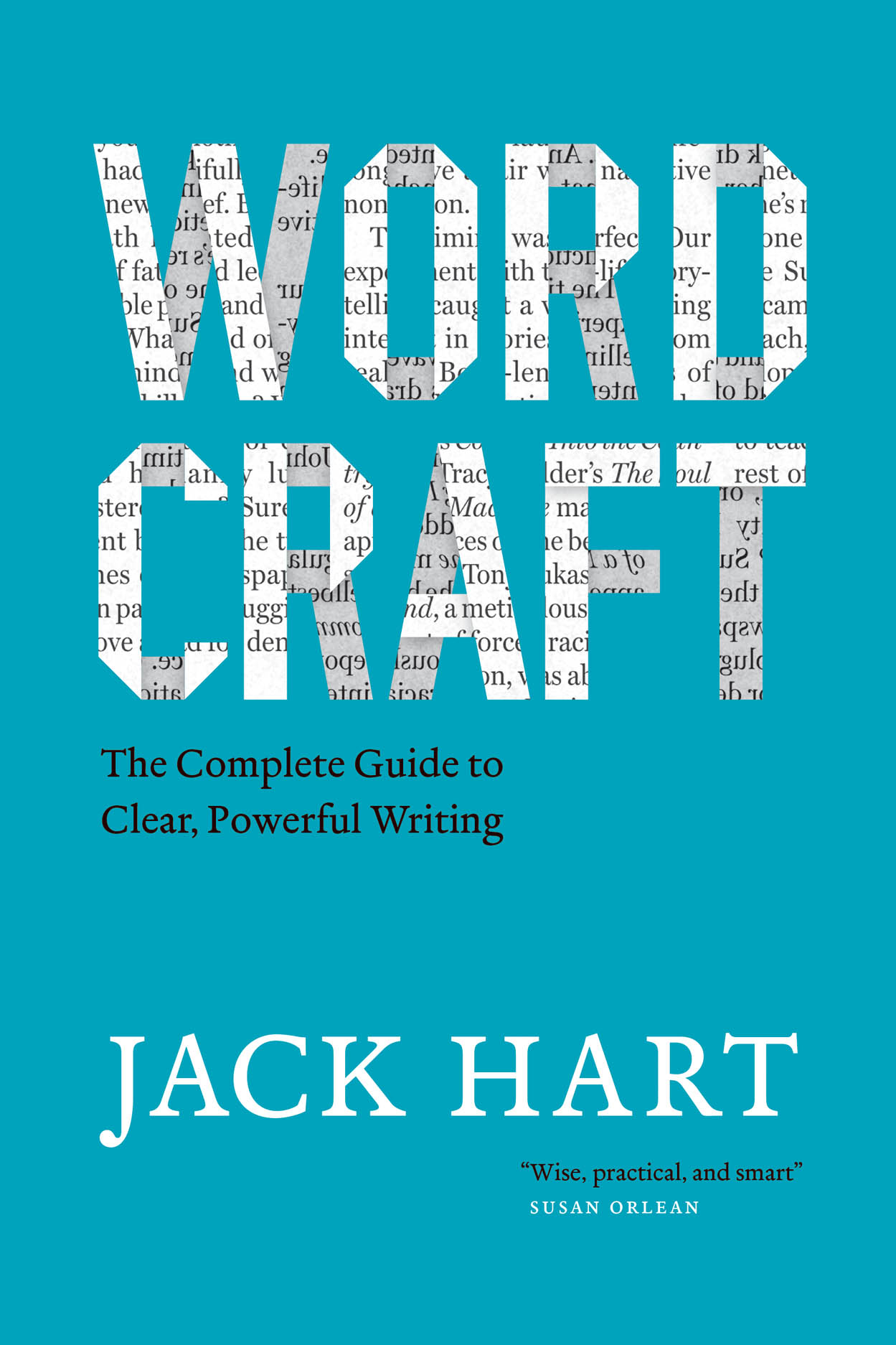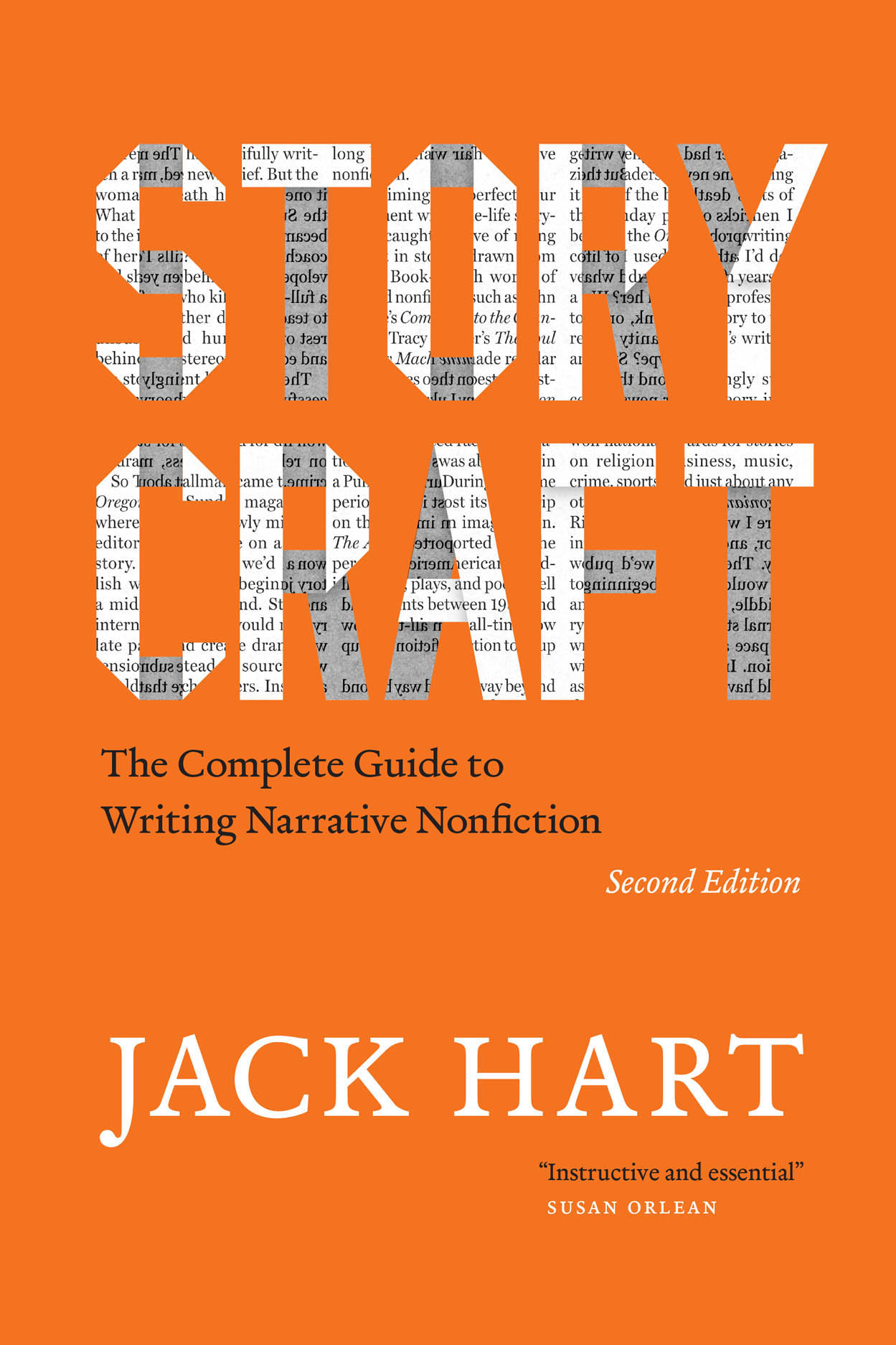A Round-the-Clock Race to Save the RachDavid StablerThe Oregonian October 6, 2004William Ryberg, the Oregon Symphony’s president, was looking across a linen tablecloth at Seldy Cramer, manager of the prize-winning international pianist Louis Lortie. The night before the Canadian musician had delivered on one of the most difficult pieces in the repertoire, Sergei Rachmaninoff’s Third Piano Concerto. The notorious "Rach 3." Around them dinner guests filled Portland’s South Park restaurant with preconcert buzz. In 90 minutes Lortie was scheduled to do it again—the second of his three Arlene Schnitzer Concert Hall performances of the diabolical concerto. Cramer got the news first as she raised her cell phone to her ear. Then, without explanation, she got up and left the restaurant. Ryberg picked at his salad. Then his phone rang. Cramer, at the Heathman Hotel with her client, sounded grim. Lortie was in tears. Crippling pain in his right hand made it impossible for him to play. So began a race to save not one, but two, concerts. With an hour to go before the concert, finding a replacement was out of the question. The Rach 3 is the ogre of the music world. It drove David Helfgott, the Australian prodigy portrayed in the movie “Shine,” to a nervous breakdown. Its enormous chords and explosive octaves create a rolling thunder of sound as the pianist competes against 90 instrumentalists for supremacy. Few of the world’s pianists have large enough hands or strong enough nerves to take it on. Their only choice that night was to substitute something to fill Lortie’s portion of the concert. Carlos Kalmar, the symphony’s conductor, heard about the crisis when he wrapped up his preconcert talk 30 minutes before curtain. Cramer, Ryberg and artistic administrator Charles Calmer were waiting. As they discussed options, orchestra musicians joined them in the hallway outside Kalmar’s dressing room. They called out suggestions: “The Flying Dutchman” Overture. The “1812” Overture, minus cannons. Beethoven’s Fifth. How about Tchaikovsky’s Fourth? Heads nodded. The players knew the music, and Tchaikovsky fit the evening’s Russian theme. With 10 minutes to go, librarian Peter Moore disappeared up the stairs to gather the music scores. Schnitzer Hall had filled with 2,300 eager patrons, many of them there especially to hear the Rach 3. One of them, Henry Welch of Portland, had flown back from a Sacramento business trip to hear his favorite piece. At 7:30 Kalmar walked onstage and announced the program change. Welch and others groaned. Tchaikovsky fans applauded. Ryberg stood in the lobby to handle refund demands. There were none. But he still had Monday night to worry about. At lot was at stake. Any dip in ticket sales threatened the symphony’s already-precarious financial position. So the symphony needed to find a substitute of Lortie’s stature. But top-rank pianists typically book years—not 24 hours—in advance. While the orchestra launched into the two works previously scheduled for the first half of the concert, Charles Calmer strode to his symphony office and began rousing East Coast managers and pianists at 11 p.m. their time. Could anybody, he asked, come to Portland and play the Rach 3 Monday night? Back in the hall, intermission ended. The orchestra launched into the Tchaikovsky. Half a dozen players, new to the symphony, faced a score with unfamiliar bowings. But halfway through the first movement, the players clicked. They ended 45 minutes later to a standing ovation. One down. One to go. At noon Monday, Yakov Kasman’s phone rang in Birmingham, Ala. Calmer was on the line, asking if the 37-year-old Russian could play the Rachmaninoff concerto in Portland that night. Kasman, who won the silver medal in the 1997 Van Cliburn International Piano Competition, was just about to begin a day of teaching at the University of Alabama. He’d never been to Portland, had never met Kalmar and had never played a concerto without a rehearsal. And this was Rach 3. He hadn’t played a note of it since March. One seat remained on a plane to Portland. It left in 90 minutes. Despite medaling at the world’s most prestigious piano competition, Kasman has struggled to maintain a concert career. His repertoire is fairly narrow—he plays mostly Russian music—which limits his appeal to concert presenters. He could use the chance to play a major concerto with an orchestra of the Oregon Symphony’s caliber. Kasman didn’t hesitate. He would take the risk. Within minutes of hearing that Kasman had agreed, the Oregon Symphony’s communications department began sending e-mail messages to 10,000 symphony friends, started calling 1,000 Monday ticket holders and began preparing press releases for five radio stations, four TV stations and local newspapers. Eight hours before the concert, Kasman’s wife drove him to the airport. He wolfed down chicken and pasta in the car—the last food he’d have for 10 hours. During the long hours in the air, Kasman went over the Rachmaninoff score in his mind. He had trouble remembering even which octave the main theme started in. He gave up in frustration. Kasman’s plane touched down in Portland at 7 p.m. Curtain was an hour away. Calmer drove him straight to Schnitzer Hall. Immediately, Kasman went to the piano, sitting in the dark backstage. He seemed utterly focused. He talked to no one. He avoided eye contact. He played for seven minutes, then huddled with Kalmar to go over tempos and transitions. 
Yakov Kasman At 8 p.m., Welch, one of 2,354 expectant listeners, sat in row L of the balcony, mopping his brow. His friend had called him at work that afternoon, saying the symphony had found a soloist. Welch was skeptical. He’d never heard of Kasman, and he knew the Rach. Nonetheless, he dashed home, showered and changed. It was crunch time. The stage manager gave the cue. Kalmar patted Kasman on the back and gave him a hug. Kasman, a small, compact man with a neatly trimmed beard, walked toward the Steinway concert grand piano. The audience, aware that the pianist had just landed in Portland, greeted him with a surge of applause. Kalmar raised his baton and the orchestra entered. Kasman, keeping his eyes fixed on the conductor, lowered his hands to the keys. What followed defies explanation. From the first notes, Kasman sailed through the music, playing the massive chords with voluptuous tone and even inserting a playful quip now and then. He missed a few notes at the top of some breakneck leaps, but nothing that disturbed the music’s texture. Most extraordinary, his playing transcended the notes, difficult as they were, and took on the natural, assured quality of a storyteller enjoying his tale. The final, thundering chords had him standing straight up off the bench. Welch rocketed out of his seat, shouting with joy. Around him, the audience erupted with cheers. |


